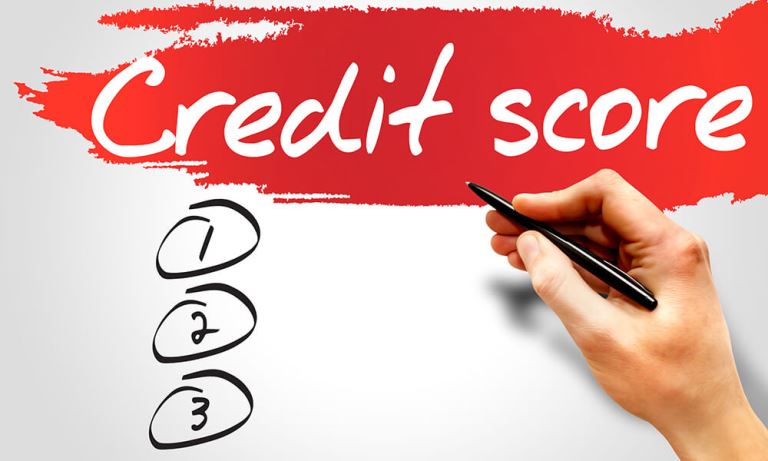Credit Information Bureau or (CIBIL) is India’s first Credit Information Company which records the credit information of all the borrowers and provides it to the various financial institutions, to make them aware of the credit history of a person before approval of a new loan. The first step followed by the financial institutions as soon as they receive a loan application is to check the CIBIL Score of the applicant. The score precisely indicates the credit history of an individual and hence it is extremely important to maintain a good score.
CIBIL Score, which is a three-digit numeric number, gives a fair assessment of credit worthiness of an individual. It is calculated by taking into account the complete borrowing details, credit history, repayment pattern and defaults, if any. The score of an individual can be anywhere in the range of 300 to 900, and in order to get a loan easily one has to ensure that the score is as close to 900 as possible. A score closer to 300 may affect the chances of getting a loan adversely.
The CIBIL Score is not calculated randomly or it is not one factor which affects the score. There are several factors which are taken into consideration while calculating your CIBIL Score. These are:
nquiring about loans and making applications frequently, this is a signal of poor management of finances and thus impacts your score negatively.
A good CIBIL Score
Though there is no particular cut-off score by any of the lending institutes, but it is always good to maintain a good score if you wish to secure a loan from bank without much suspicion. Banks usually look for scores higher than 700 for secured loans like home and auto loans and for credit cards and personal loans, a score higher than 750 is considered good.
Broadly, the range of scores to determine your credit history by bank is as under:
700 to 900 – A score within this range is ideal to obtain loans at the most competitive interest rate in the market as this score justifies good credit history and payment track record. One should always aim for a score within this range.
550 to 700 – A score in this range indicate some irregularity in the past and could be due to higher use of credit card. Banks are likely to do a thorough check of your finances before granting a loan. The interest rate applicable on your loan also may be higher.
300 to 550 – A score in this range indicate defaults, write-offs and poor credit history. You may find it extremely difficult to get a loan if your credit score is in this range.
Improving your CIBIL Score
The report prepared by CIBIL is updated regularly. Following are few things you can do regularly and improve your CIBIL Score for future. Some of these are:
- Always ensure your borrowings are within your repayment capacity. Borrowing more than your repayment capability will not work in your favour in the long run.
- You should ensure that you do not miss out the periodic payments and EMIs. A good way to keep this in check is by making payment through ECS mode to avoid failure.
- Pay your monthly bills on time, as all these also impact your score.
- Use your credit card sparingly and if you use then ensure that you do not have higher outstanding. A good way to keep this in check would be use your debit card more than your credit card.
- Do not hold too many credit cards. Instead of one person in the family keeping all the cards on his/ her name, you can keep one card per member of the family.
- Using your bonuses and incentives to prepay previous loans is a good way to improve your credit report.
- When you are applying for a loan, do not make too many applications with a lot of banks, as this may impact your score negatively.
- At the time of closure of a loan, always take a “no due certificate” from the lending institute and submit the same to CIBIL.
Checking your CIBIL Score:
You can check your CIBIL score by visiting the CIBIL website. As CIBIL does not provide the score for free, you would have to pay Rs 470 to access your CIBIL credit report.
Conclusion
As the lending institute now analyse the risk profile of the candidate before giving out loans, it is extremely important for you to maintain a good score. For those who are already disciplined about their finances maintaining a good score is not a problem but if you are spending and borrowing more or have a very pity amount which you have defaulted on, it would be wise to wake up now and clear your previous dues and change your financial habits as they may come in your way in future plans.










